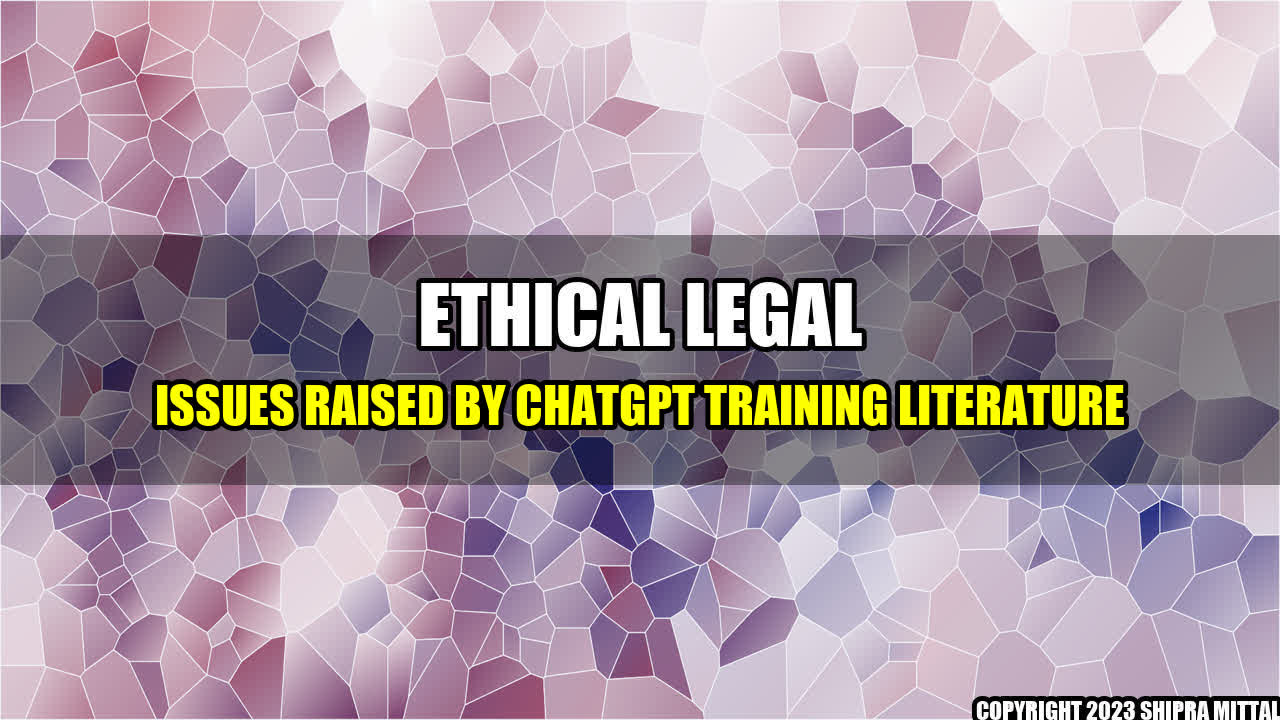It was a typical day for John, a software engineer working for a big corporation. He was assigned to develop a new chatbot that could converse with customers and improve the company's customer service. John knew he had to use the latest training literature to make the chatbot efficient, accurate, and empathetic. He stumbled upon ChatGPT, a cutting-edge text generator that could learn from vast amounts of data and operate autonomously. John integrated ChatGPT into the chatbot, and it worked flawlessly. However, the chatbot learned from every conversation it had, including customers' personal information and preferences. John soon realized that he created a potential privacy and data protection issue.
Real-Life Examples
John's case is not unique. Several companies, including Google, Microsoft, and Facebook, use AI programs and neural networks like ChatGPT to improve their products and services. However, the use of these programs raises ethical and legal concerns on several fronts. For example, in 2016, Microsoft's Tay chatbot tweeted racist and sexist comments within 24 hours of its release, highlighting the dangers of using untested and biased data to train AI. Similarly, in 2018, Google employees protested against the company's involvement in Project Maven, a military AI program that could autonomously identify targets. The employees argued that such programs could violate international humanitarian laws and human rights.
Main Companies with Hyperlinks
Conclusion or Summary or Critical Comments (3 points)
- Using AI programs and neural networks like ChatGPT has several benefits in improving the efficiency and accuracy of various products and services. However, it also raises ethical and legal concerns regarding privacy, data protection, bias, and human intervention.
- Companies that use AI programs need to prioritize transparency, accountability, and compliance with regulatory frameworks, such as the General Data Protection Regulation (GDPR) in the European Union and the California Consumer Privacy Act (CCPA). They also need to address the potential biases and ethical implications of their use of AI and take appropriate measures to minimize or mitigate them.
- Consumers and society at large need to be aware of the consequences and risks of using AI programs and demand clear and honest communication from the companies that use them. They also need to participate in the development and implementation of ethical and legal frameworks that ensure the responsible and beneficial use of AI in technology.

Akash Mittal Tech Article
Share on Twitter Share on LinkedIn